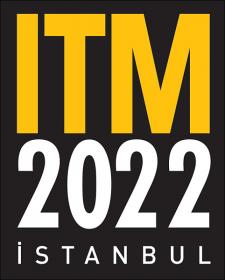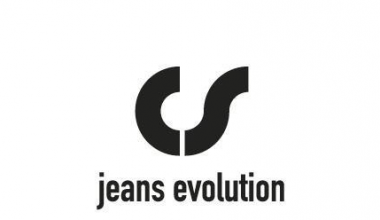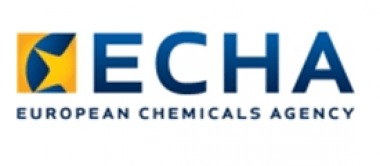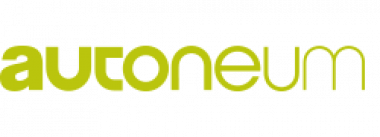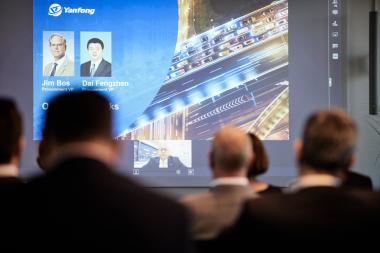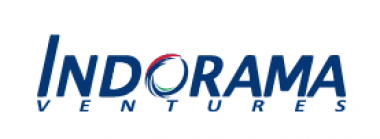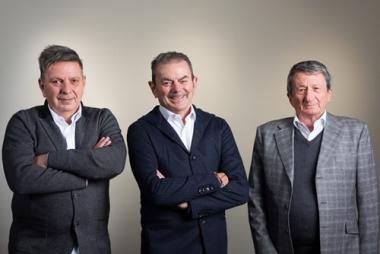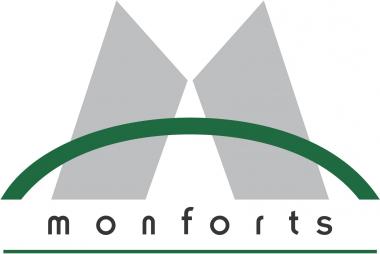AkzoNobel announces €20 million investment and creates new jobs in France
A €20 million investment has been announced by AkzoNobel to increase and improve production at two of its sites in France. Around 30 new jobs will be created.
A total of €15 million will be spent on the company’s aerospace coatings facility in Pamiers, which was taken over following the Mapaero acquisition in 2019. Production capacity is being boosted by 50%, while the funds will also be used to reduce environmental impact and improve safety processes and working conditions.
The other €5 million will be spent on improving production flexibility at the decorative paints site in Montataire, which is one of the company’s most important manufacturing locations for wall paints in Europe.
The plans for Pamiers include the construction of two extensions, one for storage and one for cleaning and waste treatment. The project will also enable the company to relocate the production of exterior polyurethane paints for aircraft widely used in Europe from its Waukegan plant in the US.
Building work is expected to start by the end of 2023, with the new installations at both locations due to be operational in early 2025.
AkzoNobel employs nearly 1,500 people in France and operates four production facilities, in Montataire (decorative paints), Dourdan (powder coatings), Limoges (adhesive markings) and Pamiers (aerospace coatings).




